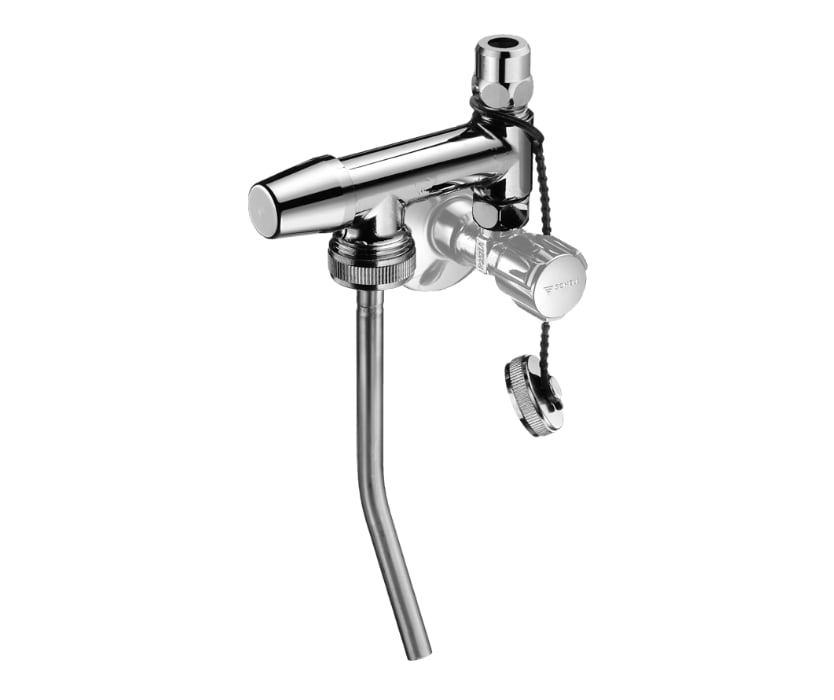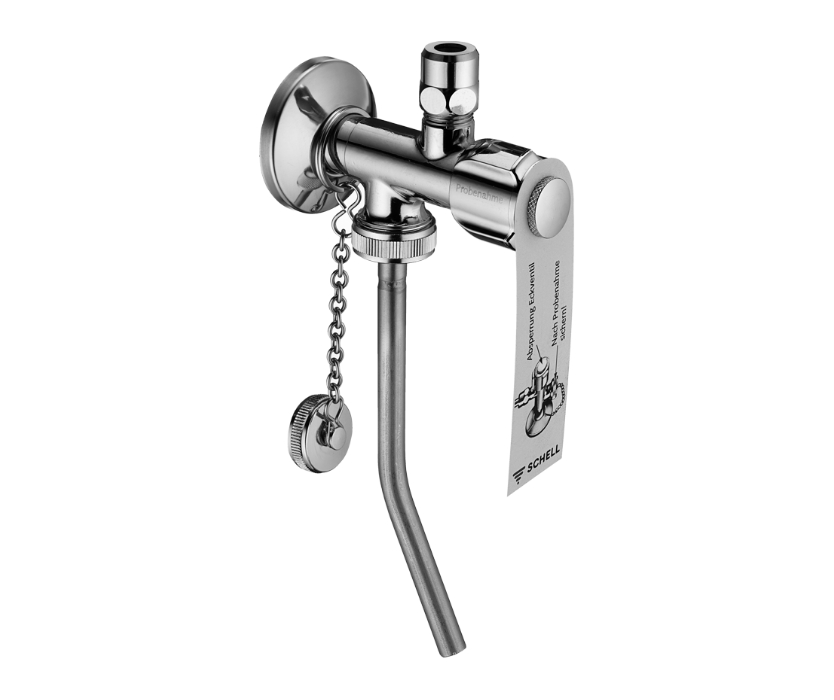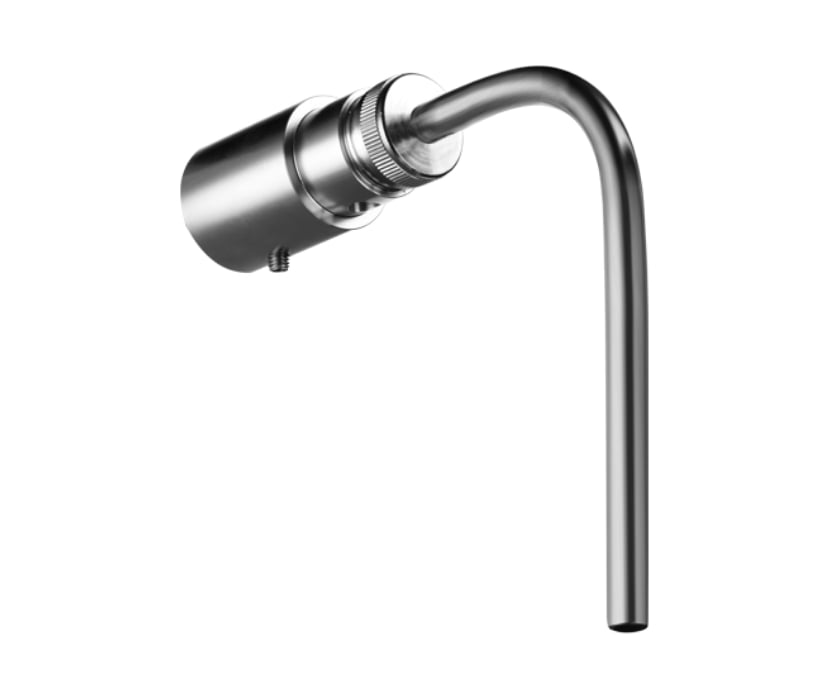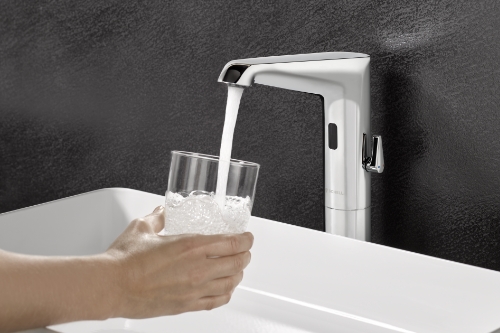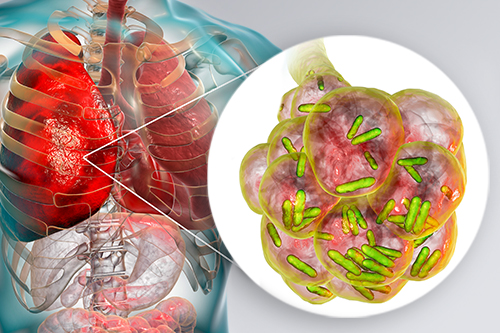Sampling drinking water: high-quality samples for meaningful results
To be able to carry out the legally prescribed, routine drinking water testing for Legionella, suitable and representative sampling points must be present in the drinking water installation. According to section 10 of the 2023 German Drinking Water Regulation (TrinkwV), sampling must be conducted at the tapping point outlet, with one exception: systemic testing for Legionella. In this case, special sampling valves are recommended.
For systemic Legionella drinking water testing, the aim is to demonstrate that the drinking water installation can supply safe drinking water at the water utility’s original high quality to all tapping points as an integrated system. This is conditional on the operator taking steps to ensure the regular and complete exchange of water across all tapping points. Confining these exchanges to flushing stations is a breach of the code and therefore a regulatory infringement (TrinkwV sections 13 and 72 no. 2).
Systemic Legionella testing
According to the German Federal Environment Agency, samples to analyse for drinking water testing for Legionella should only be taken where routine operation takes place. The Agency specifically states that unused areas should not be tested for Legionella in drinking water. One exception to the above is specific analysis work outside the scope of routine testing for compliance with drinking water regulation – such as during an outbreak investigation, for example. In the latter case, samples should even be taken from local ‘residential locations’ not normally subject to testing. Additionally, systemic testing according to DIN EN ISO 19458, table 1, purpose b, is prescribed for Legionella testing. This means that the volumes of water for later testing in the lab are sampled from taps without flow regulators, shower hoses, etc., and only after letting one litre drain off or directly from a sampling angle valve under the wash basin. For systemic testing for Legionella contamination in drinking water, this aims to minimise the influence of the tap itself on the results of sampling.
Taking samples using dedicated sampling valves
To obtain valid and robust results, testing for Legionella contamination in drinking water should use dedicated sampling valves wherever this is possible – i.e. especially at angle valves under wash basins. This kind of equipment has been specially designed to obtain high-quality samples in compliance with drinking water regulation and testing for Legionella. Compared with testing from tapping points, they are far less likely to supply false-positive results. In the case of wash basin taps with angle valve thermostats or an integrated thermostat, sampling must take place at an upstream sampling angle valve anyway, because otherwise mixed water would be sampled instead. The Federal Environment Agency strongly advises against the sampling of mixed water.
Summary
In drinking water installations, suitable and representative sampling points must be provided. In the case of systemic Legionella testing, dedicated sampling valves are recommended, as these valves reduce the probability of false-positive Legionella findings and guarantee robust testing results.

![[Translate to English:] [Translate to English:]](/fileadmin/_processed_/1/b/csm_symstemloesungen_e2_thumb_6bca267f26.jpg)
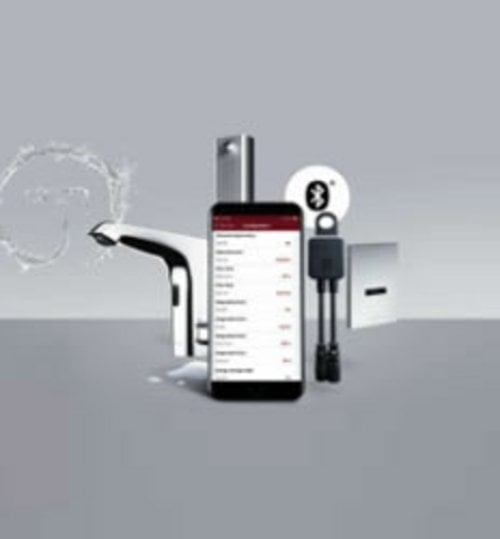
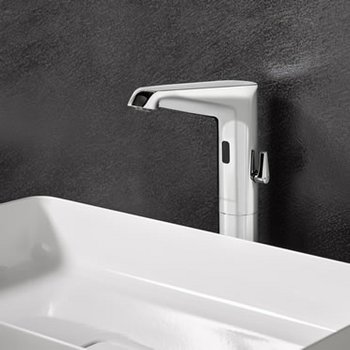
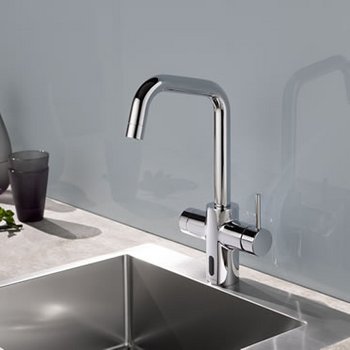
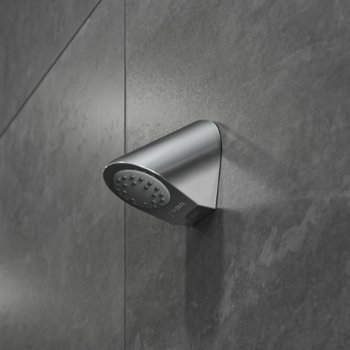
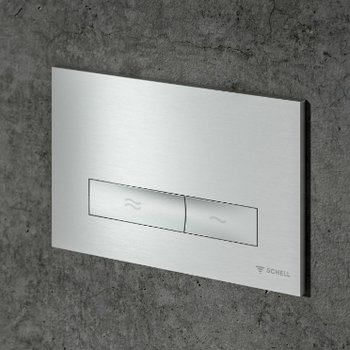
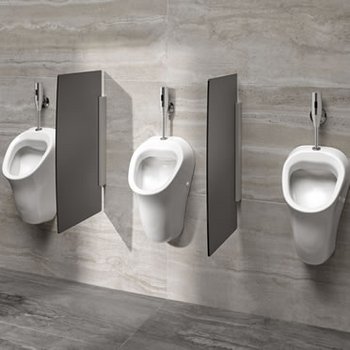
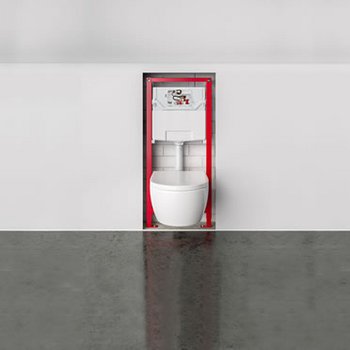
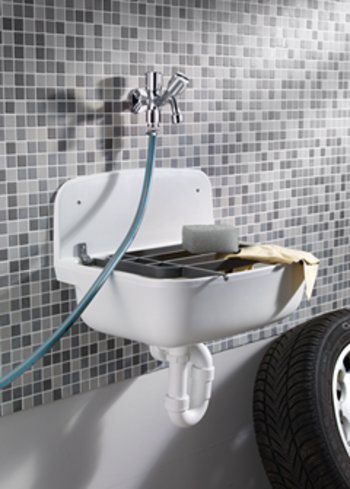
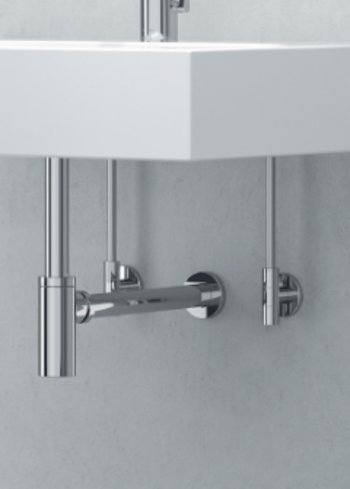
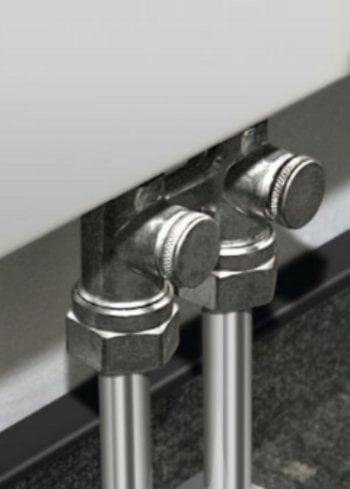
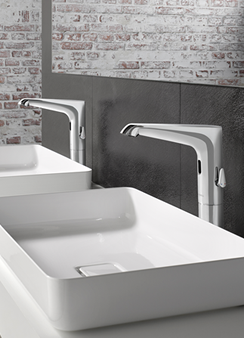
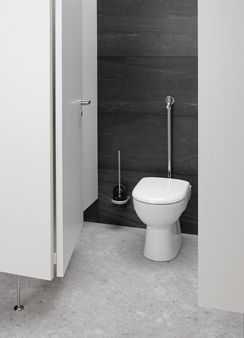
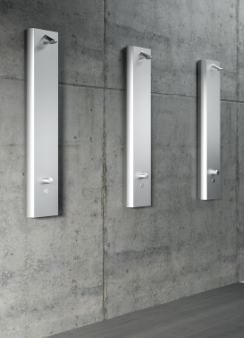

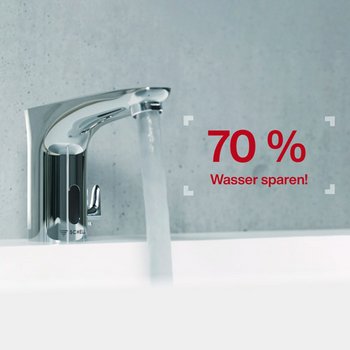
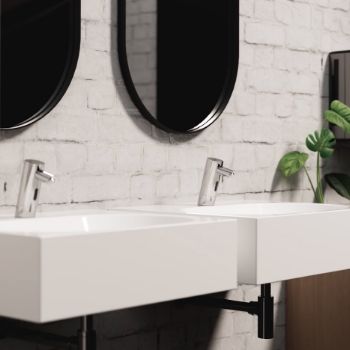


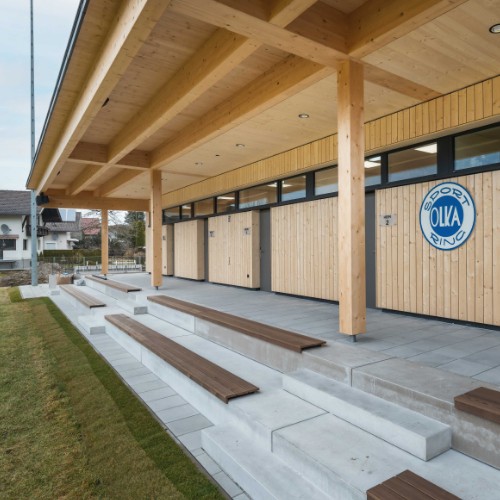
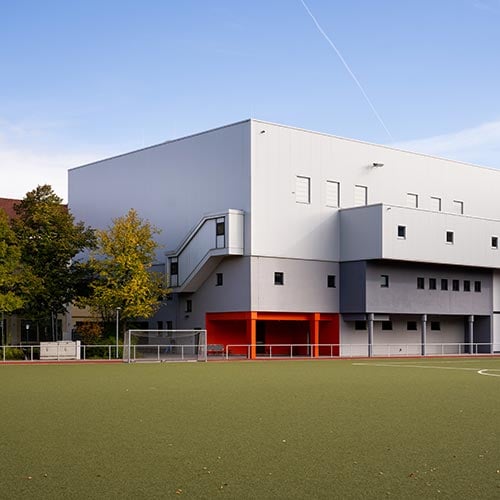



![[Translate to English:] [Translate to English:]](/fileadmin/user_upload/images/menu/menu_service_downloads_broschueren.jpg)
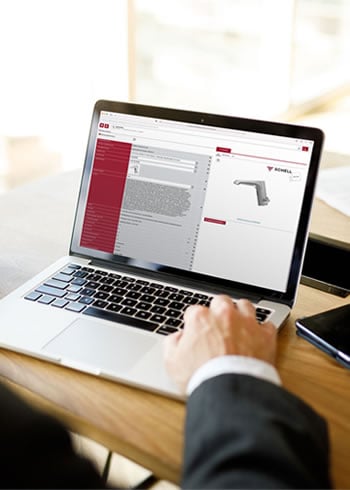



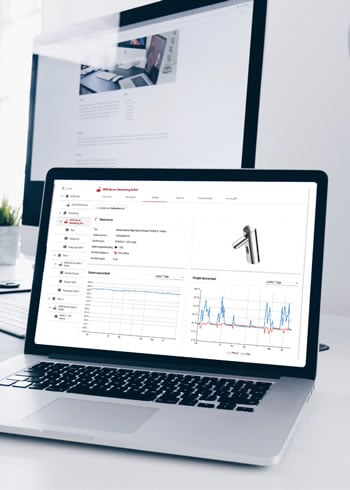


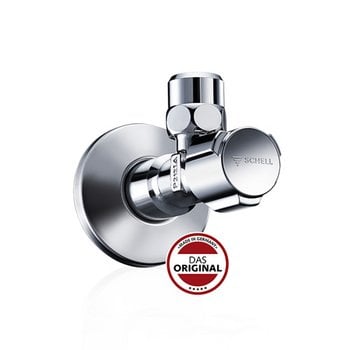
![[Translate to English:] [Translate to English:]](/fileadmin/_processed_/7/7/csm_menu_unternehmen_ueber-schell_awards_f6cec25b1d.jpg)
![[Translate to English:] [Translate to English:]](/fileadmin/_processed_/a/0/csm_menu_unternehmen_ueber-schell_wasser-sparen_41036d2dd9.jpg)





